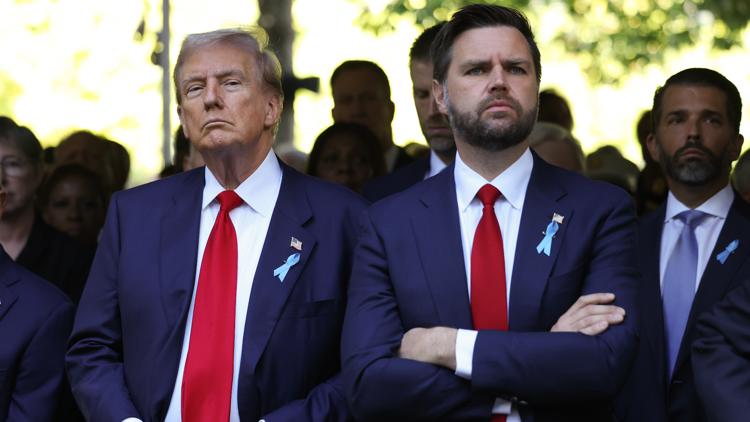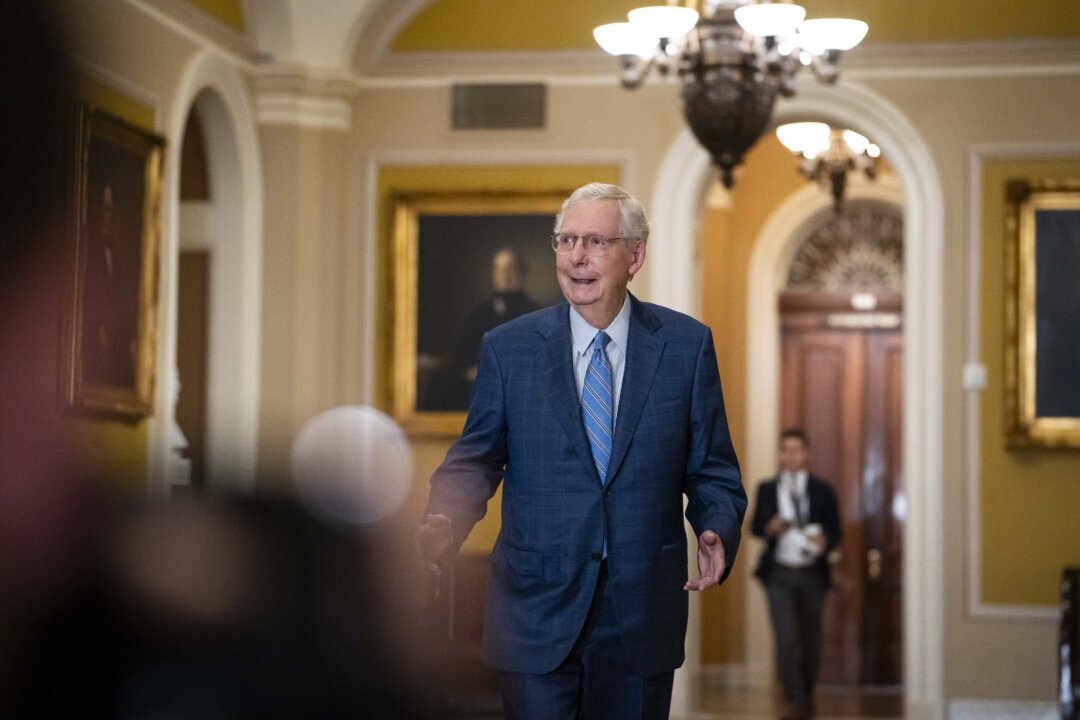
Qatar tribune Elon Musk has wasted little time laying the groundwork for his job in the next Trump administration, overseeing the new Department of Government Efficiency. The billionaire entrepreneur says he can cut $2 trillion from the federal budget while holding federal bureaucracies more accountable for underperformance. On Thursday, he and his co-pilot at the new agency, Vivek Ramaswamy, put out the word that they’re seeking interested parties to jump on board.
“We are very grateful to the thousands of Americans who have expressed interest in helping us at DOGE,” noted a post on X. “We don’t need more part-time idea generators. We need super high-IQ small-government revolutionaries willing to work 80+ hours per week on unglamorous cost-cutting.
” Musk and Ramaswamy will no doubt have a steep mountain to scale. This type of exercise will unite powerful special interests from across the ideological spectrum that have an interest in keeping their snouts buried deep in the federal trough. It will also generate intense opposition from entrenched politicians in both parties who use the promise of government largess as a means of self preservation at election time.
The idea of a cost-cutting or efficiency panel isn’t new. President Ronald Reagan convened the Grace Commission to identify areas of wast or inefficiency in Washington. President Barack Obama formed the Simpson Bowles Commission to help the nation achieve “fiscal sustainability in the long run.
” Neither was able to slow the inexorable march forward of the corpulent administrative state. Will Trump have better luck? It will be an uphill climb, given the potent forces certain to align against challenging the status quo. But this endeavor remains highly worthwhile.
Even incremental change can alter public perceptions and attitudes and lead to more substantive progress. Highlighting Washington’s fiscal foolishness can be a vehicle for building a consensus for reform. “The greatest gain of reform,” Philip K.
Howard, author of the “Death of Common Sense,” wrote for The Wall Street Journal, “would come from scrapping the rusty machinery that grinds public choices through years of meetings and box-checking.” In addition, he noted, allowing “near-zero accountability” from bureaucratic agencies “is like pouring acid over public culture, corroding public trust and pride.” As for Musk’s $2 trillion goal, that may seem like a pipe dream — particularly given that interest payments on the debt and entitlements continue to consume a larger portion of annual spending.
But consider that, just five years ago, the federal government spent $4.4 trillion annually. Today, that has jumped to $6.
8 trillion. Do the math. Copy 17/11/2024 10.














